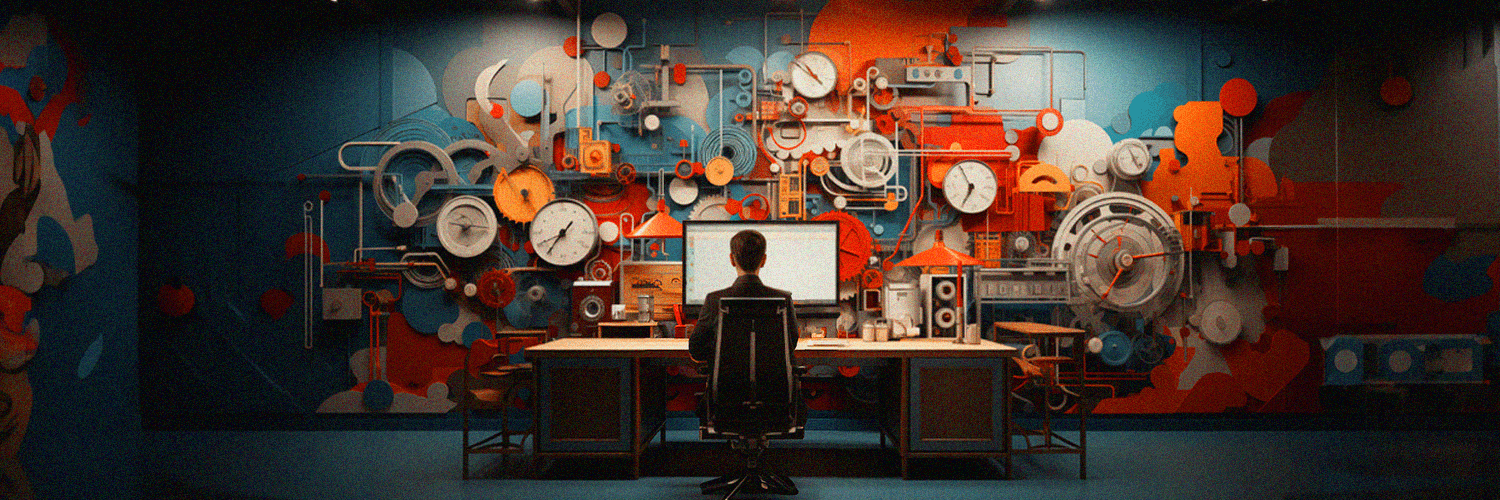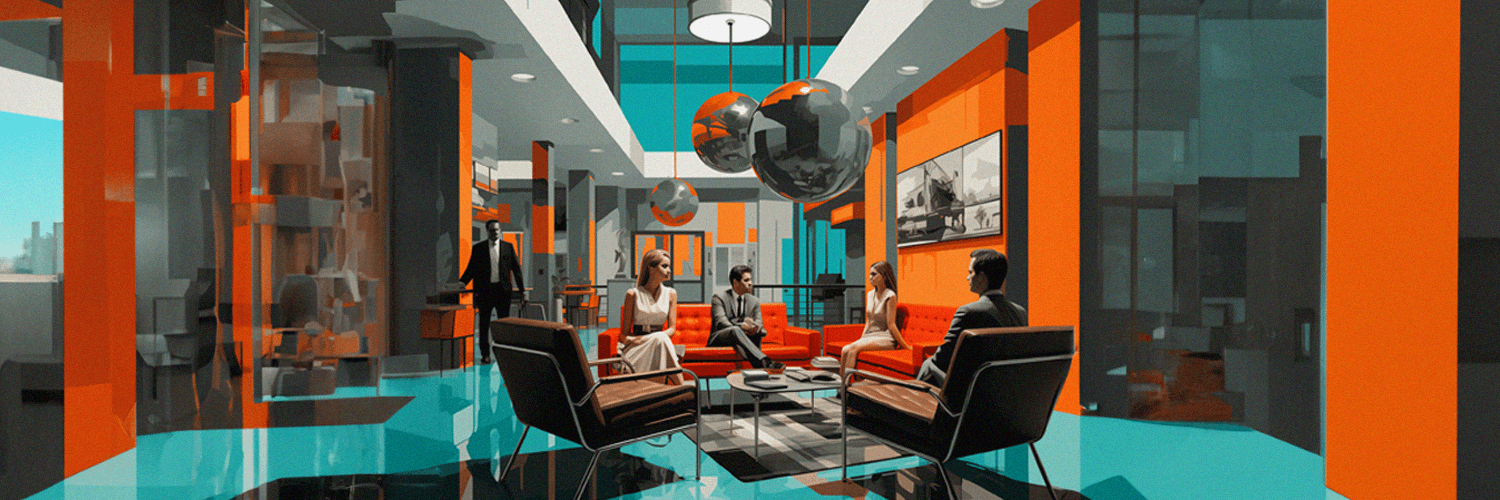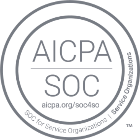Hybrid workplaces are on the rise -- and it's not us saying it, it's data. Although numbers vary from one study to another, some studies say hybrid work is already in use (or in the plan for the future) for nearly three-quarters of U.S. companies. Given employee preference for hybrid, you might want to consider it too -- and office hoteling software should be among your top priorities when deciding to move to a hybrid work model.
How, more exactly, is office hoteling software helping hybrid companies?
Read on and find out more.
TL;DR:
- Office hoteling software is a set of tools that help companies move towards a more flexible work environment.
- It allows employees to book and reserve office spaces, plan meeting agendas and schedules, and manage communication across work locations.
- Hybrid work is on the rise, with nearly three-quarters of US companies already using or planning to use it in the future.
- The future of work is flexible, with work flexibility being one of the decisive factors in choosing a job.
- The goal of office hoteling software is to make better use of company space and resources and allow employees to work from any location.
- The benefits of office hoteling software in a hybrid workplace model include increased productivity, higher employee retention rates, reduced overhead costs on office space and equipment, enhanced company culture, and promoting collaboration.
- Desk hoteling allows companies to maximize the use of office space and resources, promote better employee productivity, reduce overhead costs, and enhance company culture.
- Office hoteling allows employees to have the flexibility they need to manage their work-life balance effectively and work from any location.
- Employers can benefit from office hoteling software by significantly lowering overhead costs, fostering collaboration regardless of location, and attracting the best talent on the market.
The Future Is Workplace Flexibility
The future of work is flexible -- and that has been true for a while now. According to a study run by Manpower, approximately 40% of respondents said work flexibility is one of the decisive factors in choosing a job.
Many would say the pandemic has had a role to play in how these numbers eventually panned out. However, flexibility has always been desired by employees - and the hardest evidence in this direction is the already rising number of remote work and freelance work opportunities before the pandemic even crossed anyone's mind.
Work flexibility is here to stay -- and adapting to the new trends that embrace it will help your company grow stronger by attracting the best talent and keeping them happy and productive as well.
On top of it all, flexibility will promote more creativity, it will help you build more efficient office spaces, and it will foster collaboration that goes beyond whether or not team members are in the same room.
What Is Hoteling Software?
Office hoteling software is a set of tools that help companies move towards a more flexible work environment. It helps employees:
- book and reserve office spaces
- plan meeting agendas and schedules
- manage communication across work locations, etc.
There are many benefits to using office hoteling software in a hybrid workplace model. Some of the essential ones include:
- increased productivity
- higher employee retention rates
- reduced overhead costs on office space and equipment
- enhanced company culture

Hoteling Office Space
Hoteling office space is the concept around which office hoteling software is built. In short, it means employees can book workspaces for specific periods of time, just like they would book a hotel room. They can do so for their day-to-day activities, special meetings with clients, collaborative projects where multiple teams/ team members have to come together, and so on.
The goal is to make better use of company space and resources and allow employees to work from any location, whether that's the office, home, or a coffee shop.
The best thing about hoteling office space is that it doesn't require employees to be in the same room or even the same building to collaborate. All they need is a good internet connection, and they can access all the company resources they need, including office hoteling software applications, from any location.
Why Should You Consider Desk Hoteling?
Desk hoteling allows you to maximize the use of your office space and resources, making it an excellent choice for companies operating in crowded cities where real estate is at a premium.
It also promotes better employee productivity, reduces overhead costs on furniture and equipment, and enhances company culture by allowing employees to work from any location.
If you're considering moving towards a more flexible work model, you should definitely consider using a hoteling office software application.
What Are the Benefits of Office Hoteling?
Here's why, more specifically, you should consider office hoteling:
- Increased productivity: hoteling office software allows employees to work from anywhere, making it easier for them to stay focused and productive
- Higher retention rates: companies with flexible workplace models are more likely to have higher employee retention than those that operate under a traditional office model.
- Reduced overhead costs: by relying on more shared resources, office hoteling can help reduce your company's overhead costs significantly.
- Enhanced company culture: by allowing employees to work from any location, office hoteling can help promote a more open and inclusive company culture.
- Promoting collaboration. Office hoteling software allows employees to work closely with coworkers in different locations and eliminate the need for constant, face-to-face communication.
- Ease of use. Office hoteling software enables you to handle hybrid work in a smooth, hassle-free, incident-free way.
- Staying competitive. Want to attract the best talent on the market? Flexible work (and office hoteling software) will help you attract people who are great at what they do, no matter where in the world (or in the country) they may live.
What Are the Benefits of Hoteling for an Employee?
Office hoteling allows employees to have the flexibility they need to manage their work-life balance effectively. It also gives them the ability to work from any location, which can be a great perk for employees who live in remote areas or who travel often for work.
In addition, office hoteling can help promote a more open and inclusive company culture, as it can foster collaboration regardless of location (or even cultural heritage or nationality). And finally, it can also help employees be more productive, as they can focus on their work without distractions from their surroundings.

What Are the Benefits of Hoteling for the Employer?
The employer benefits of switching to hybrid and embracing desk hoteling expand way beyond simply allowing your employees to work from home once in a while.
For one thing, as mentioned before, it can help you significantly lower overhead costs associated with furniture, equipment, and office space rental. For example, if you have 1050 employees and your employee: desk ratio is 1:1, you might end up spending more than $6.9 million/ year. If you change that ratio to 1,5:1, you will already save more than $2.3 million. And if you change that ratio to 5:1, you will end up saving North of $5.5 million.
Sounds interesting? Here’s a more comprehensive article about understanding and measuring the ROI of workplace technology.
It also allows you to attract top talent who value flexible work models and are great at what they do, no matter where on the globe they may live. In turn, this helps you stay competitive in your own niche as well, knowing that you have the best people behind you to build, sell, service, and market your product in a global context.
Hoteling makes things easy and cost-effective for employers. Instead of having to rent an entire building (and only having half of its capacity filled out at any given time), hoteling allows you to make the most out of a smaller space -- all while giving employees the option to be as flexible as they wish (or as your company policy allows, of course.)
What You Should Look for When Researching Desk Booking Systems
If you have already decided on adopting a desk booking software, you will definitely want to know what to look after when researching the best option for you.
True, there are a lot of office hoteling software options out there -- but in essence, you will want to settle on a solution that ticks the following boxes
It Makes Desk Hoteling Easy
Switching to remote isn't easy (spoiler alert, though: it's totally worth it.)
To make things smoother, you need to know you can rely on your allies -- and office hoteling software is one of the first things you will have to consider. Your desk booking system should make everything easy, not feel like a maze of questions, answers, and buttons you don't quite understand.
It should be intuitive and straightforward to use so that you can get started with it right away without headaches. The user interface (UI) is important here, as it will make a big difference in how easy (or hard) the software is to use.
Reports & Analytics
They say money makes the world go round, but the truth is that it's data.
Data makes the world go round. And that is exactly why you should make sure that your desk booking system comes with reports and analytics capabilities.
When you have all the data at hand, you will be able to make informed decisions -- whether it's how to allocate resources or what time periods are most popular for certain workers' schedules. Best of all, because these reports and analytics tools are already built into the software, you will be able to access them with ease and without any headaches.
The easier you can handle your office analytics, the easier it will be for you to make better decisions for your business's future. It's as simple as that.
Employee Engagement
Your office hoteling software should also help you with employee engagement.
It should have features that allow you to get insights into how your employees feel about their work, their surroundings, and the company culture as a whole. Additionally, it should also come with tools that allow you to measure employee satisfaction and identify any potential issues early on.
After all, happy employees are productive employees -- and that is why you need a desk booking system that empowers your team, not one that holds them back.
It's Easy to Implement and Quick to Adopt
You don't need a desk booking system that makes switching to hybrid feel harder than the Odyssey. You need something that is easy to implement and quick to adopt so that you can get started with it right away without any headaches.
The good news is that there are office hoteling software options out there that are designed for just that. They are user-friendly, come with all the features you need, and can be up and going in a matter of hours (or even less.) A software-as-a-service desk booking solution is a quick, easy, and painless way to switch to hybrid (and make the most out of it.)
Switching to hybrid work may not be all a bed of roses -- but the thorns can definitely be a lot less dangerous when you have the right tools by your side. Office hoteling software eliminates the pain of managing hybrid work in spreadsheets (or worse, Slack messages) and it fast-forwards the entire hybrid model adoption process to the best it has to offer.
By the way, check out Yarooms if you're interested in learning more about our office hoteling tool (which, not that we're bragging, but has been highly appreciated by users, who've voted it the top option in various categories on G2 -- including user-friendliness, customer service, and more.)
FAQs: Desk Hoteling
What Is Desk Hoteling?
Desk hoteling is a system where employees reserve a workspace, such as a desk or office, on an as-needed basis rather than having a dedicated space.
What Is the Difference Between Hot Desking and Hoteling?
While both involve flexible workspace arrangements, hot desking is a system where employees select any available workspace on a first-come, first-served basis, while desk hoteling requires advance reservation of a specific workspace.
Why Should You Consider Desk Hoteling?
Desk hoteling can help companies reduce real estate costs, increase employee flexibility and mobility, and create a more collaborative and productive work environment.
What Are the Pros and Cons of Desk Hoteling in the Office?
Pros include greater flexibility, improved collaboration, and cost savings. Cons can include reduced privacy, potential for increased distractions, and difficulty adapting to the system. However, the success of desk hoteling depends on the unique needs and culture of each organization.




.png)








